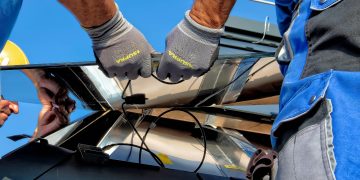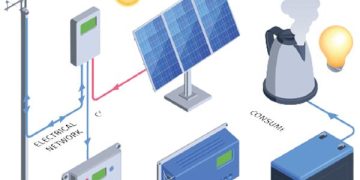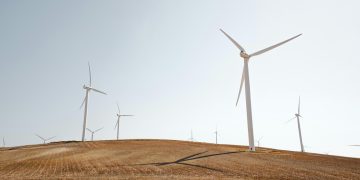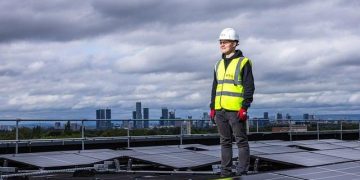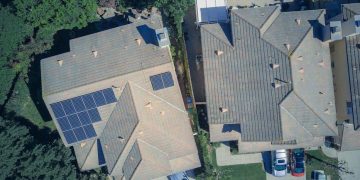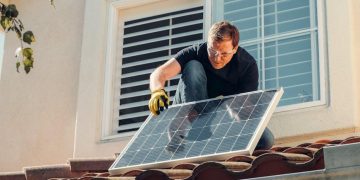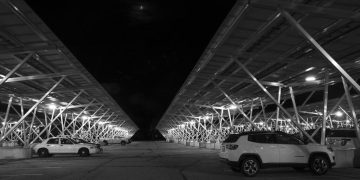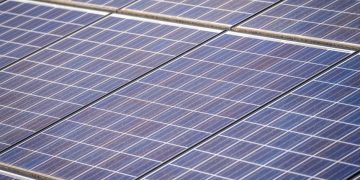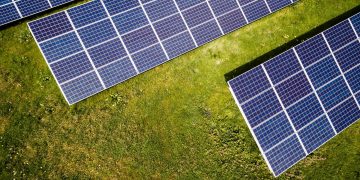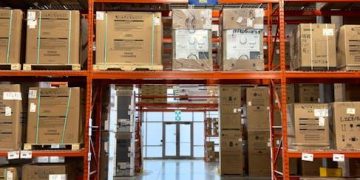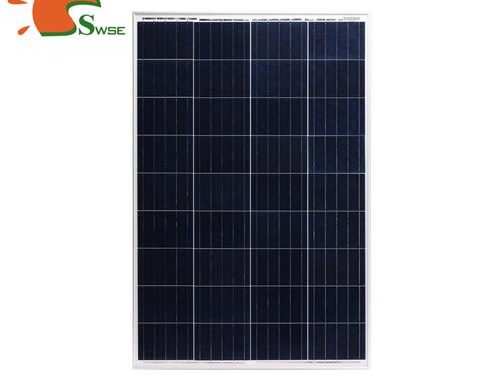In the ever-evolving landscape of renewable energy, solar panels have long been heralded as the vanguard of sustainable living. Yet, as technology surges forward, the question looms: should you upgrade to high-efficiency solar panels? Imagine a world where your roof is not just a shelter but a powerhouse, capturing the sun’s rays with unparalleled precision. As whispers of climate change grow louder and energy bills continue to climb, the allure of these cutting-edge panels becomes hard to ignore. In this article, we delve into the potential benefits and considerations of making the switch, helping you decide whether this leap into the future aligns with your energy goals and lifestyle.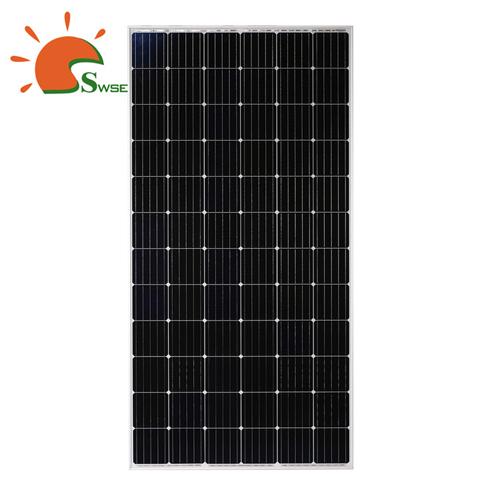
Evaluating the Benefits of High-Efficiency Solar Panels
When considering an upgrade to high-efficiency solar panels, it’s crucial to delve into the array of benefits they offer. These panels, often designed with advanced photovoltaic technologies, can significantly enhance energy output compared to standard panels. One of the standout advantages is their ability to generate more electricity in limited spaces, making them ideal for homes with smaller roofs or where maximizing energy production is a priority. This increased efficiency means that over time, homeowners may experience a more substantial reduction in their electricity bills, potentially accelerating the return on investment.
Key benefits of high-efficiency solar panels include:
- Higher Energy Yield: These panels can convert more sunlight into electricity, offering greater power output per square meter.
- Space Optimization: Perfect for installations where space is limited but energy demand is high.
- Enhanced Performance in Low-Light Conditions: They often perform better on cloudy days or during dawn and dusk, ensuring a more consistent energy supply.
- Potential Increase in Property Value: Homes equipped with cutting-edge solar technology might see a boost in market value.
While the initial cost might be higher, the long-term benefits could make these panels a worthwhile investment, particularly for those committed to sustainable living and reducing their carbon footprint.
Understanding the Cost Implications of Solar Upgrades
When contemplating an upgrade to high-efficiency solar panels, it’s crucial to consider the financial implications. High-efficiency panels often come with a higher upfront cost, but they can offer significant savings in the long run. These panels are designed to convert more sunlight into electricity, which means you’ll need fewer panels to meet your energy needs. This can be particularly beneficial if your roof space is limited or if you’re aiming to maximize energy production for future needs, such as electric vehicle charging.
- Initial Investment: Higher efficiency panels may cost more initially, but they can reduce the overall number of panels required.
- Long-Term Savings: Over time, increased energy production can lead to lower utility bills and potential savings.
- Incentives and Rebates: Many regions offer incentives for installing high-efficiency systems, which can help offset the initial costs.
- Property Value: Upgrading to a more efficient solar system can enhance your property’s value and appeal to eco-conscious buyers.
In essence, while the initial cost may seem daunting, the long-term financial benefits, coupled with environmental advantages, often make high-efficiency solar panels a worthy investment.
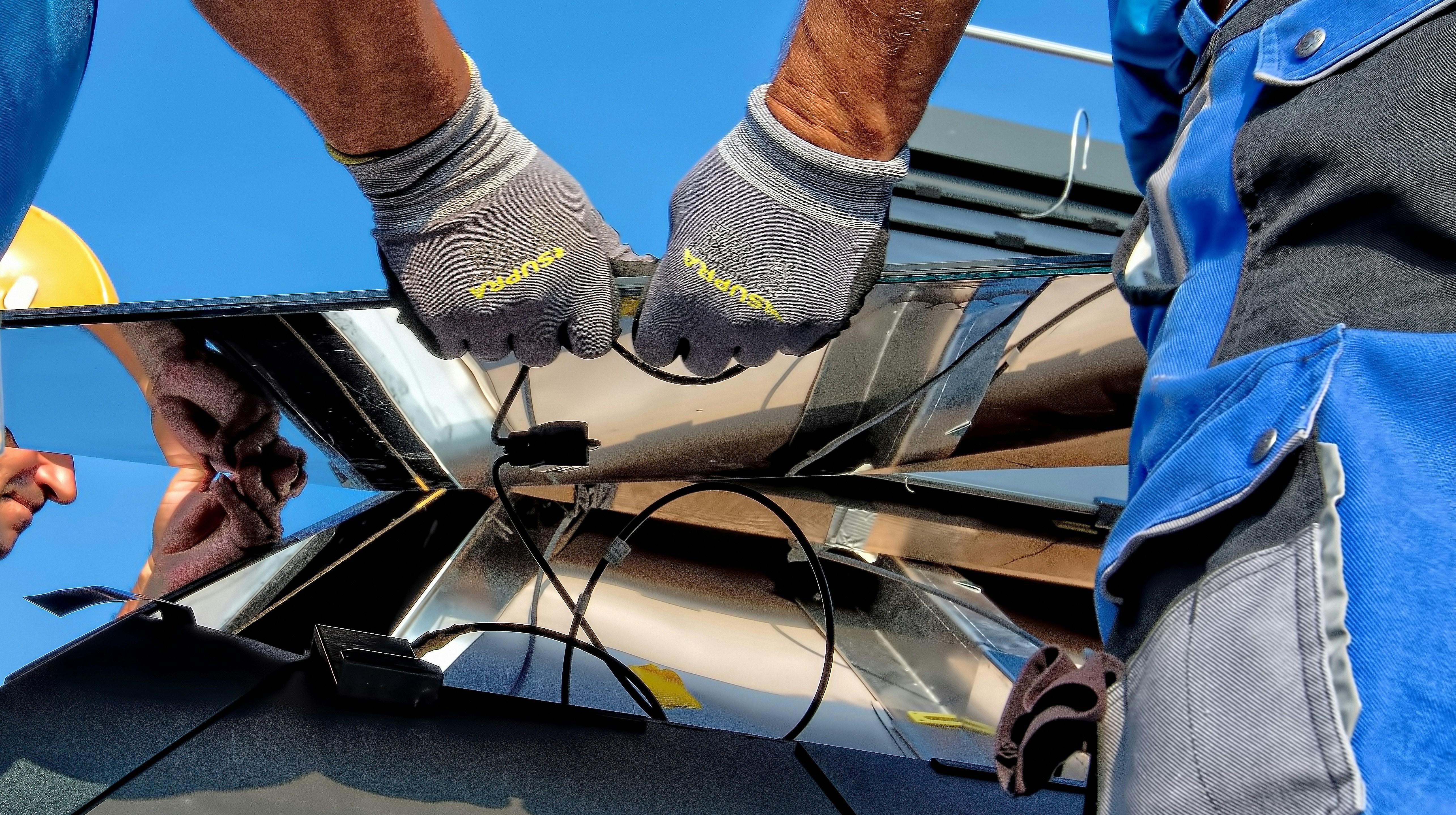
Environmental Impact: High-Efficiency Panels vs. Traditional Models
The shift towards high-efficiency solar panels brings with it a nuanced environmental discourse. These modern panels, with their advanced photovoltaic technology, offer increased energy conversion rates, meaning they can generate more electricity using less surface area. This efficiency translates into fewer materials used per watt of energy produced, potentially reducing the carbon footprint of manufacturing processes. Furthermore, their ability to harness more energy even in low-light conditions contributes to a more consistent power supply, diminishing the need for backup systems that often rely on fossil fuels.
On the other hand, traditional solar models, while less efficient, are often made from more abundant materials and have a proven track record of reliability. The environmental impact of these panels largely depends on their manufacturing and disposal processes. Some of the key considerations include:
- Material Sourcing: Traditional panels may use materials that are easier to recycle.
- Longevity: The durability of older models can offset their lower efficiency by providing a longer lifespan.
- End-of-Life Management: Both types of panels face challenges in recycling and disposal, but traditional models have established protocols.
Balancing these factors is crucial for those contemplating an upgrade, as the ecological benefits of high-efficiency panels must be weighed against the established sustainability practices of traditional models.

Expert Recommendations for Your Solar Investment
As you contemplate enhancing your solar setup, it’s crucial to weigh the insights from industry experts who consistently emphasize the transformative potential of high-efficiency solar panels. These panels are engineered to maximize energy production, offering you more power output per square meter. Solar analysts point out that while the initial investment might be higher, the long-term savings on energy bills can be substantial. Additionally, environmental consultants highlight that high-efficiency panels contribute significantly to reducing your carbon footprint, aligning with sustainable living goals.
When considering an upgrade, experts recommend focusing on several key factors:
- Roof Space: Ideal for homes with limited roof space, allowing maximum energy generation without needing extensive installations.
- Energy Needs: If your household energy consumption is increasing, these panels can effectively meet higher demands.
- Local Climate: Perfect for regions with less sunlight, as they perform better in low-light conditions compared to standard panels.
- Future-Proofing: Considered a wise investment for future-proofing your home against rising energy costs.
By considering these expert recommendations, you can make an informed decision that aligns with both your financial objectives and environmental ethos.
Final Thoughts
In the ever-evolving landscape of renewable energy, the decision to upgrade to high-efficiency solar panels is both a personal journey and a reflection of our collective commitment to a sustainable future. As the sun casts its golden glow across rooftops worldwide, it invites us to harness its power with ever-greater efficiency. Whether you’re driven by the allure of cutting-edge technology, the promise of long-term savings, or the call of environmental stewardship, the choice remains yours. As you weigh the benefits and considerations, remember that every solar panel, whether new or old, contributes to a brighter, cleaner tomorrow. So, let your decision be guided by both the head and the heart, and may your path be illuminated by the possibilities of solar innovation.

